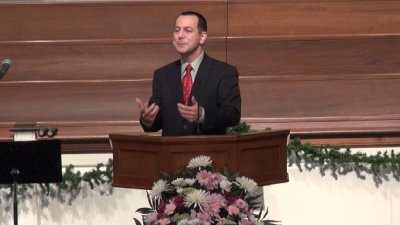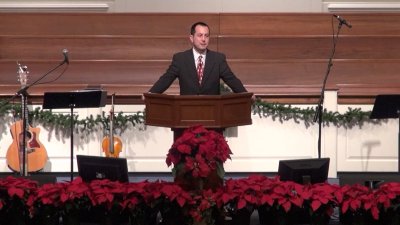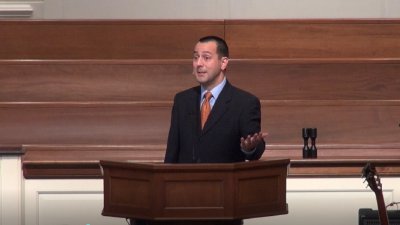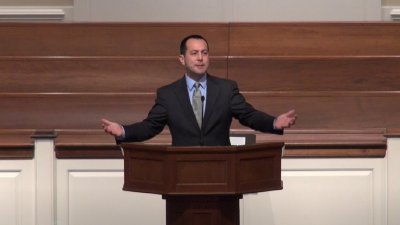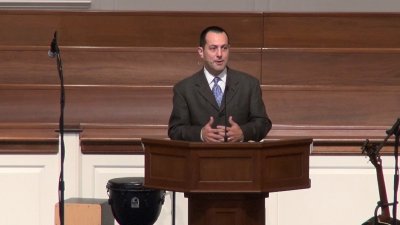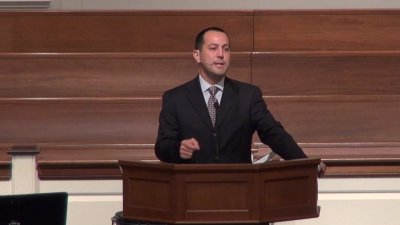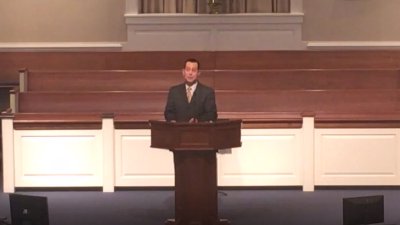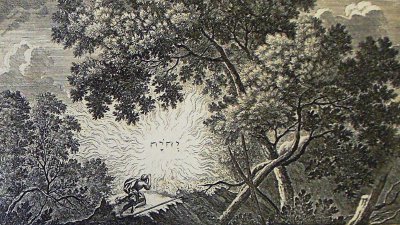
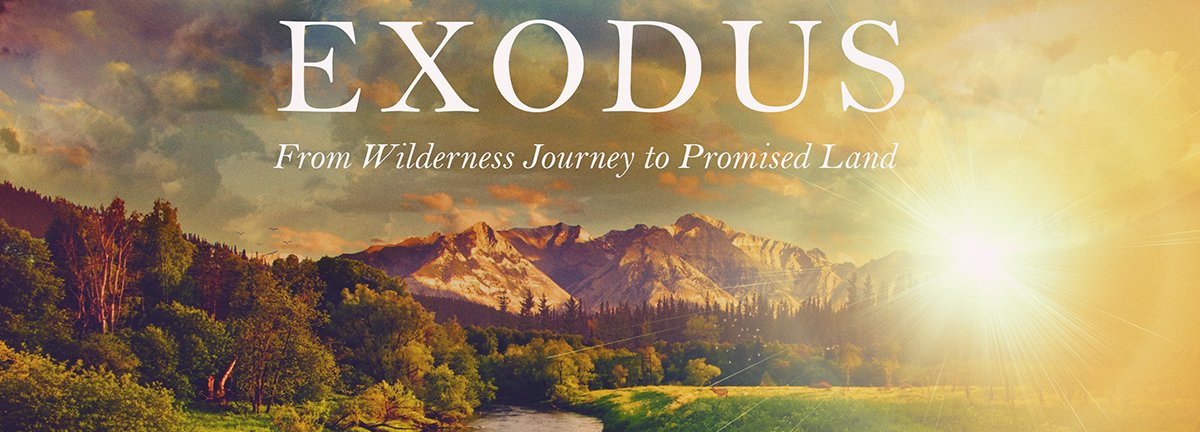
From Wilderness Journey to Promised Land
Exodus
The Tabernacle
December 11, 2016 • Michael Wilburn
APPLICATION QUESTIONS: 1. Reflect on the specificity of the Tabernacle’s design. What worship principles do you observe? Should your worship of God be more stoic or more casual? 2. What similarities and differences exist between Israel’s worship of God in the Tabernacle and the believers’ worship of God in the church? 3. Read about Moses’ work ethic in Exodus 40:16, 33. How can you improve in honoring God with your work? 4. Exodus 35-40 largely repeats Exodus 25-30. What does the repetition say about God’s relationship to Israel? How has God graciously given you new opportunities for obedience?
The Golden Calf
December 4, 2016 • Michael Wilburn
APPLICATION QUESTIONS: 1. Which of the 10 Commandments did Israel break by worshiping a golden calf? What does this event teach about idolatry? 2. Would God have been justified to destroy Israel (Ex 32:10)? Why did God relent from his anger? 3. Reflect on the description of God’s character in Exodus 34:6-7. In what way has God responded to you personally in one of these attributes? 4. Is the renewal of the Mosaic Covenant conditional or unconditional? Read Exodus 34.
40 Days with God
November 27, 2016 • Michael Wilburn
1. What did Moses do for 40 days and nights in God’s presence? Is 40 days symbolically significant? 2. What can be learned from the detailed orders for the Tabernacle, its dimensions, metals, and fabrics, and the priestly service of the Tabernacle? 3. The first person in the Bible described as being “filled with the Spirit of God” is Bezalel (Ex 31:2-3; 35:30-31). Who was Bezalel? What was his occupation? How does being filled with the Spirit inform a theology of work? 4. God specifically states his purpose to dwell among his covenant people, Israel (Ex 29:43-46). How does God dwell among believers in the church age? Where in the NT is “dwelling” language used to show God’s presence with his people today?
Israel’s Covenant with God
November 20, 2016 • Michael Wilburn
APPLICATION QUESTIONS: 1. What makes you believe that God wants a relationship with his people in Exodus 24? Would you eat dinner with God (see Ex 24:11)? 2. Exodus 24:10 says, “They saw the God of Israel.” What do you observe from the context about this vision? How can this be understood in light of Exodus 33:20? 3. Why did the first covenant fail? Did God know Israel would fail to obey the covenant? How has Jesus Christ overcome Israel’s failure? 4. Judge the importance of the sentence, “And Moses wrote down all the words of the Lord” (Ex 24:4). What does this mean for the canon of Scripture? How does this inform the biblical doctrines of inspiration and inerrancy?
The Ten Commandments
November 6, 2016 • Michael Wilburn
APPLICATION QUESTIONS: 1. How can the 10 Commandments be categorized? How did Jesus speak of the Commandments? Is a Christian obligated to keep the 10 Commandments today? 2. The word “fear” is used twice in Exodus 20:20. What is the 3. difference between them? Why is first condemned and the second indispensable? 3. What does it mean to live as a sojourner (see Exodus 23:9)? Who is a sojourner? How should the Christians care for them in the church and in the community? 4. What does it mean to be a mediator? How is Moses a mediator at Mt. Sinai? How is Jesus a mediator for the believer?
Journey in the Wilderness
October 30, 2016 • Michael Wilburn
APPLICATION QUESTIONS: 1. What five crises did Israel face in Exodus 15-18? In what way is God testing you? What might be his best intentions for this season of testing? 2. Why did God judge Israel’s disobedience over 40 years? Why not destroy the older generation with pestilence as he suggested to Moses (Numbers 14:11-12)? What does God’s patience reveal about justice? 3. How did God provide food and water for his people? Are there spiritual applications to be made from this? Does God supply your needs? If so, how does he supply them? 4. What leadership lessons can be learned from Moses' father-in-law? Why was trust necessary for the new leadership structure?
The Plagues of Egypt
October 9, 2016 • Michael Wilburn
1. What does it mean to know God? How is God made known through the Egyptian plagues? How has God made himself known to you? 2. Have you ever asked God the same question as Moses, “Why did you ever send me” (Ex 5:22)? Why did Moses ask it? What causes you to doubt God’s call? How is that type of doubt overcome? 3. What can be learned from the hardening of Pharaoh’s heart? What part did God play in hardening his heart? What part did Pharaoh play in hardening his own heart? 4. How does the Lord lead? In Exodus 13:17-22 God led Israel with a cloud by day and a pillar of fire by night. What applications can be made today? Perhaps sing a hymn about the Lord’s leading.

